little big horn
9 movies and shows
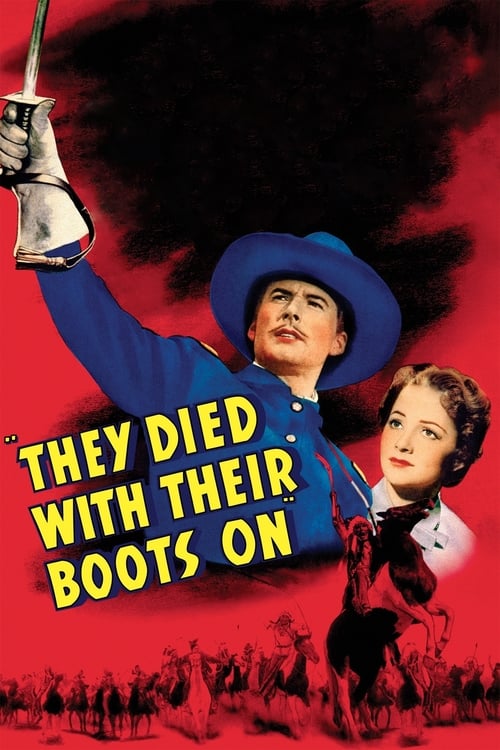
They Died with Their Boots On
Thu, 20 Nov 1941
The story follows General George Armstrong Custer's adventures from his West Point days to his death. He defies orders during the Civil War, trains the 7th Cavalry, appeases Chief Crazy Horse and later engages in bloody battle with the Sioux nation.
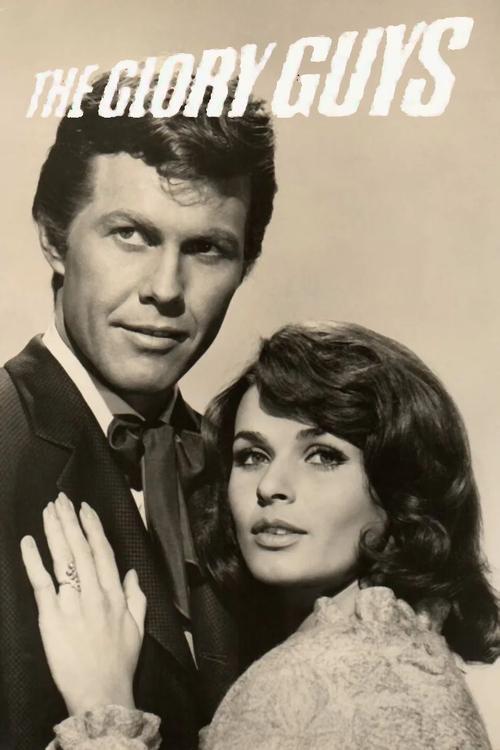
The Glory Guys
Wed, 07 Jul 1965
Though a fictionalized Western based on George Armstrong Custer's 7th Cavalry Regiment at the Battle of the Little Big Horn, the film is almost a generic war story covering the enlistment, training, and operational deployment of a group of recruits that could take place in any time period.
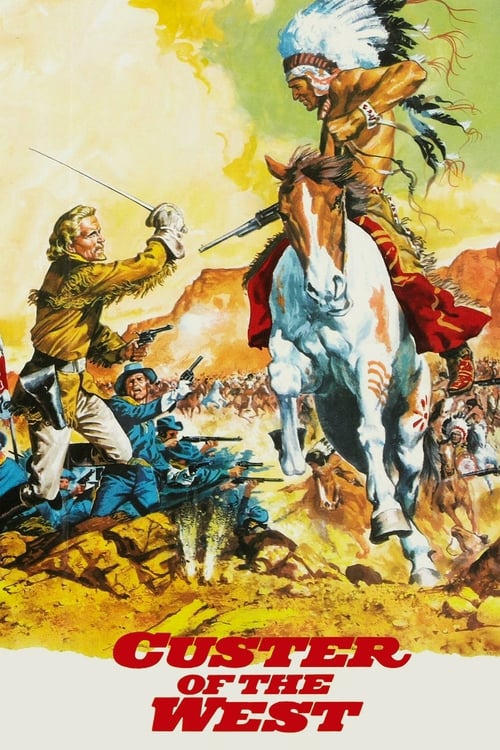
Custer of the West
Thu, 09 Nov 1967
The story of U.S. Army commander George Armstrong Custer, a flamboyant hero of the Civil War who later fought and was exterminated with his entire command by warring Sioux and Cheyenne tribes at the battle of Little Big Horn in 1876.
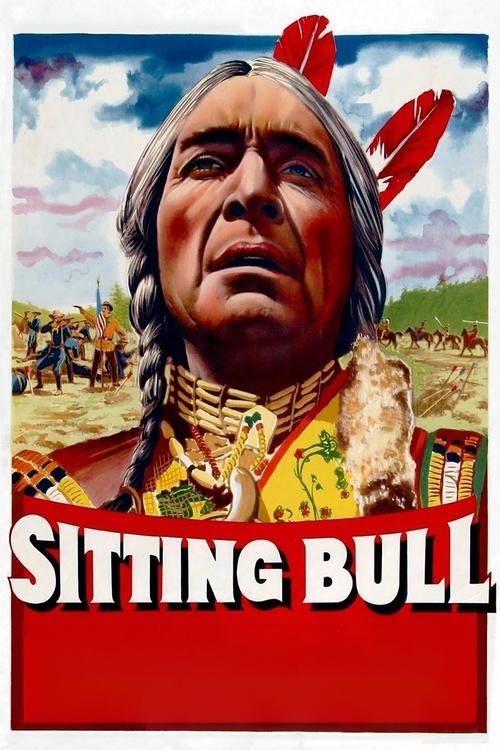
Sitting Bull
Wed, 06 Oct 1954
Chief Sitting Bull of the Sioux tribe is forced by the Indian-hating General Custer to react with violence, resulting in the famous Last Stand at Little Bighorn. Parrish, a friend to the Sioux, tries to prevent the bloodshed, but is court- martialed for "collaborating" with the enemy. Sitting Bull, however, manages to intercede with President Grant on Parrish's behalf.
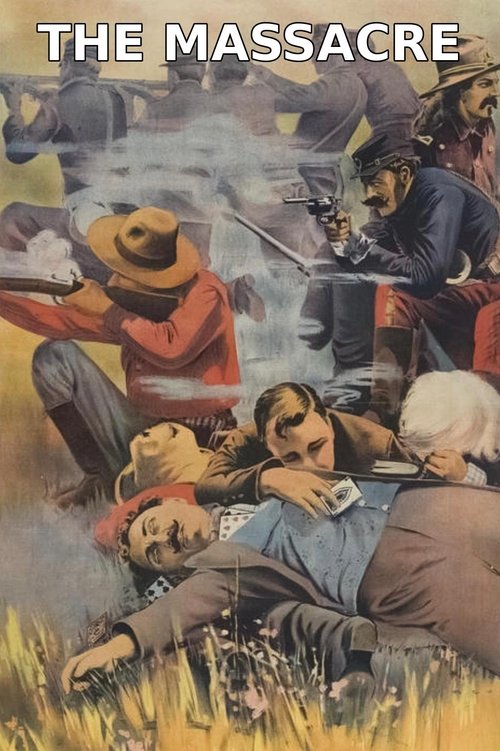
The Massacre
Thu, 19 Dec 1912
The story of the massacre of an Indian village, and the ensuing retaliation.

Tonka
Thu, 25 Dec 1958
Young Indian brave White Bull captures and tames a wild stallion and names him Tonka. But when White Bull's cruel cousin claims Tonka for his own and mistreats the horse, White Bull sets him free. Tonka finally finds a home with Capt. Keogh and the 7th Calvary, and in 1876, rides into the Battle of Little Big Horn with General Armstrong Custer, becoming its only survivor.
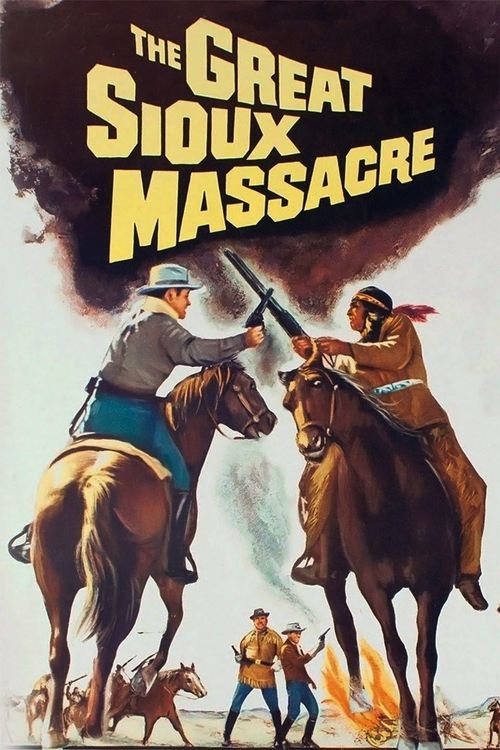
The Great Sioux Massacre
Sun, 25 Apr 1965
Colonel Custer, an outspoken believer in fair treatment for the Indians, is ousted from his post and forced into retirement. Fueled by ambition when a Senator Blaine convinces him to run for President, Custer decides to upstage General Terry at Little Big Horn.
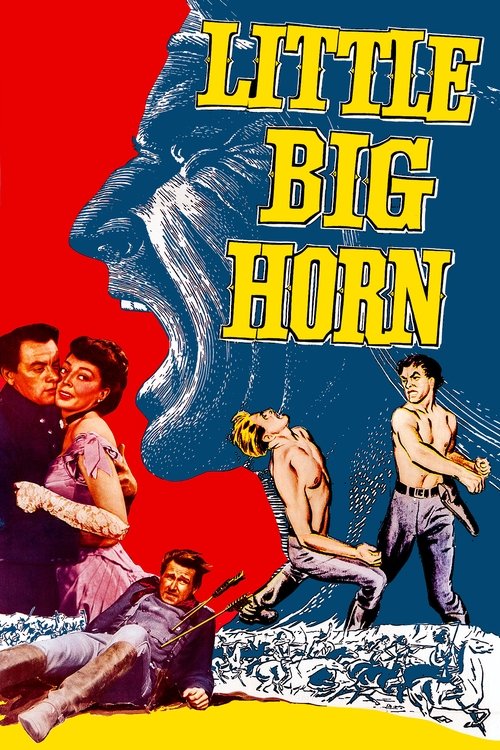
Little Big Horn
Fri, 15 Jun 1951
Two cavalry officers (Lloyd Bridges, John Ireland) lead a patrol to warn Gen. Custer about an ambush.
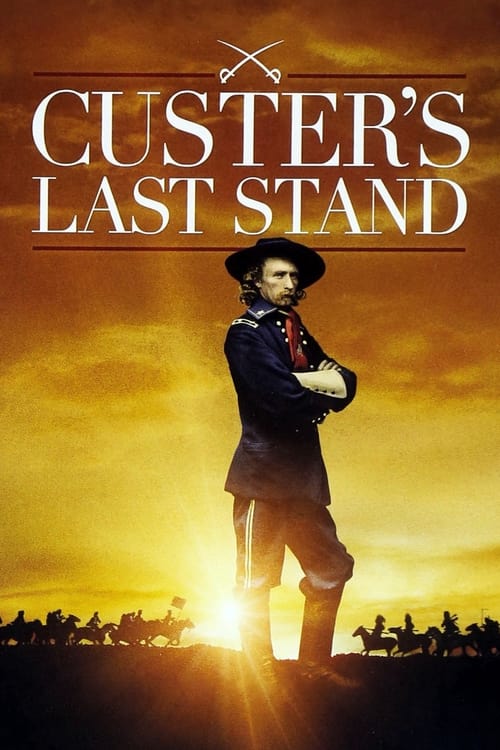
Custer's Last Stand
Tue, 17 Jan 2012
Follow General George Armstrong Custer from his memorable, wild charge at Gettysburg to his lonely, untimely death on the windswept Plains of the West. On June 26, 1876, Custer, a reputation for fearless and often reckless courage ordered his soldiers to drive back a large army of Lakota and Cheyenne warriors. By day's end, Custer and nearly a third of his army were dead.

